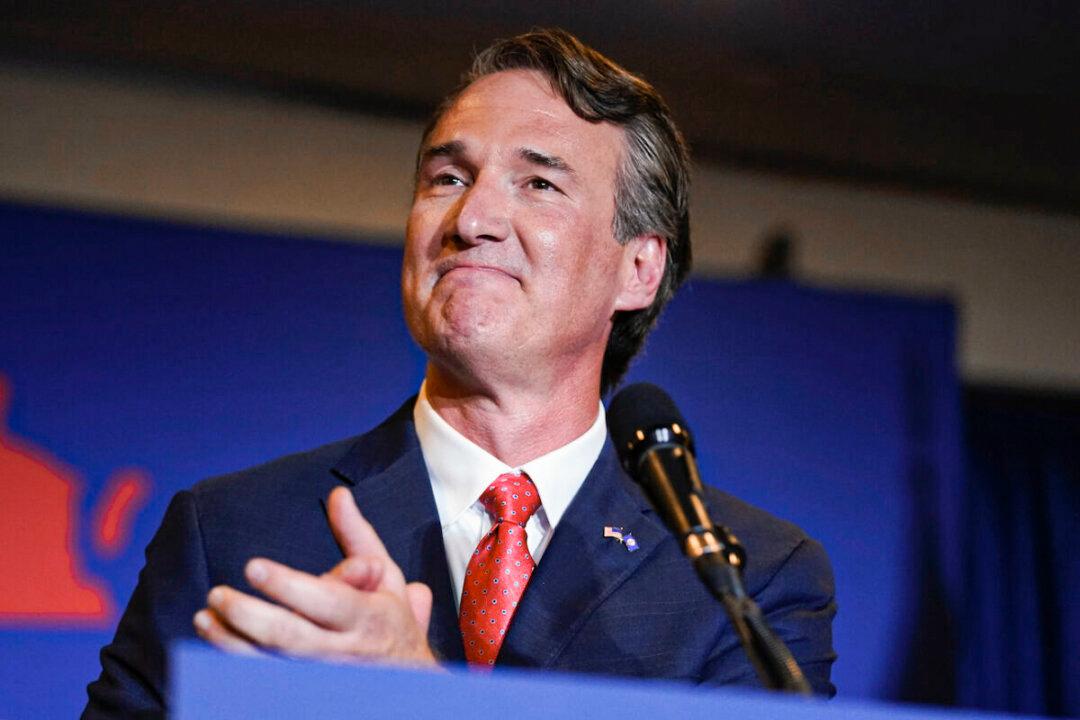On his first day in office, Virginia Gov. Glenn Youngkin fulfilled his campaign promise by prohibiting public schools in the state from teaching critical race theory (CRT), which he described as an “inherently divisive” concept.
Youngkin, who was sworn in as governor on Jan. 15 in Richmond, signed nine executive orders and two executive directives to address some of his administration hot-button issues, with the first on the list aiming to end “the use of divisive concepts ... in public education.”





